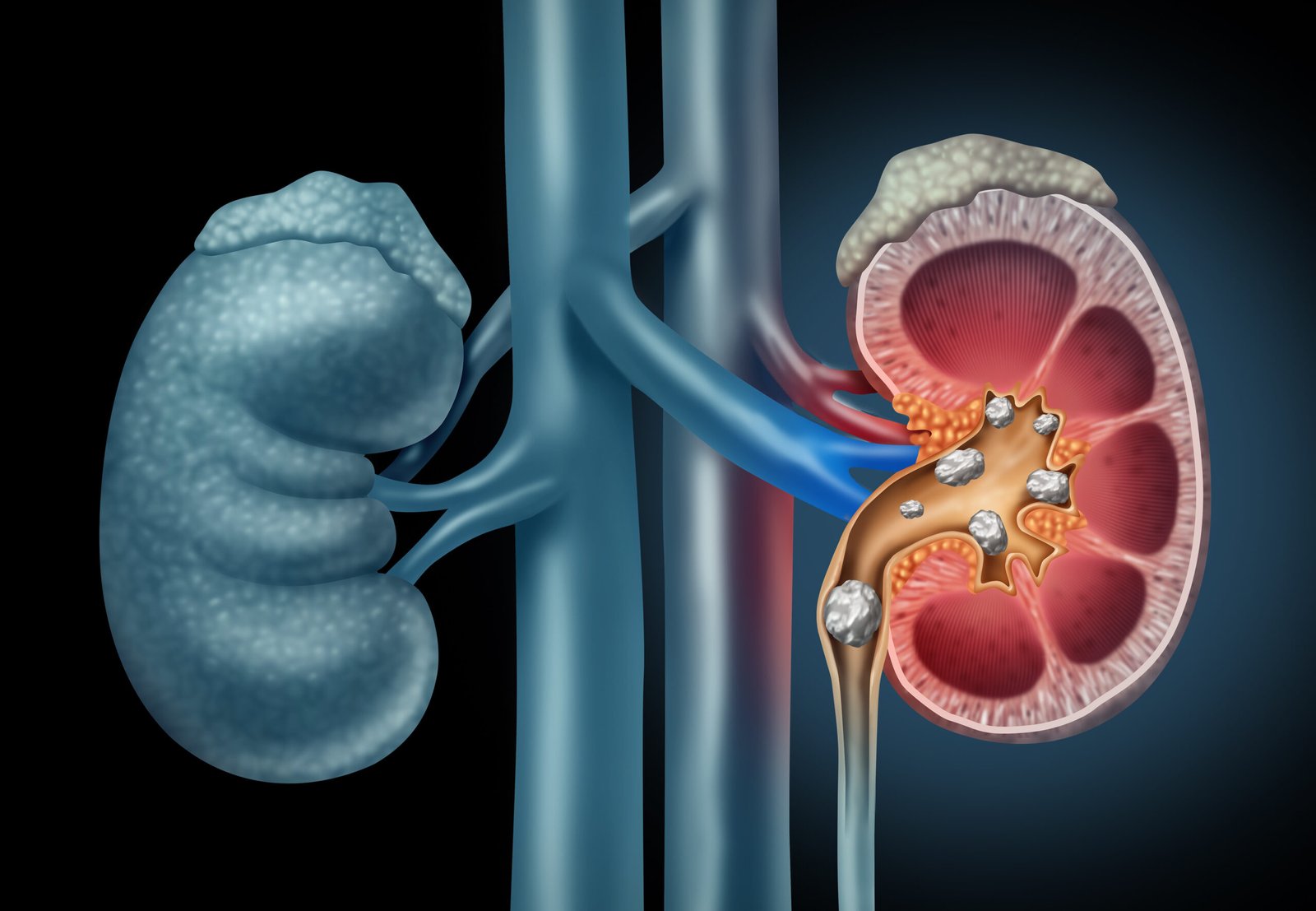Laser Surgery for Kidney Stones: A Precision Approach to Stone Removal
Kidney stones, or renal calculi, are crystallized minerals and salts that clump together in the kidneys. They can vary in size and composition, with some stones causing severe pain and potential complications, such as urinary tract infections or kidney damage. Factors like dehydration, diet, and genetics contribute to the formation of kidney stones.
To know more about it please click here
Laser Surgery for Kidney Stones
Laser surgery, specifically laser lithotripsy, has become a preferred method for treating kidney stones, particularly when traditional methods like extracorporeal shock wave lithotripsy (ESWL) or medications prove insufficient. Laser surgery involves the following key steps:
- Diagnosis and Imaging:
- Before laser surgery, a thorough examination, often including imaging studies like CT scans or ultrasounds, is conducted to determine the size, location, and composition of the kidney stones.
- Ureteroscopy:
- A thin, flexible tube with a camera (ureteroscope) is inserted through the urethra and bladder into the ureter to access the kidney. This allows the surgeon to visualize the stones and assess the optimal approach for laser treatment.
- Laser Lithotripsy:
- A laser fiber is passed through the ureteroscope to reach the kidney stones.
- The laser emits high-energy pulses that break the stones into smaller, more manageable fragments without damaging surrounding tissues.
- Stone Extraction:
- The broken stones are either naturally passed through the urine or extracted using a specialized tool.
Benefits of Laser Surgery for Kidney Stones
- Precision:
- Laser lithotripsy allows for precise targeting of kidney stones, minimizing damage to healthy surrounding tissues.
- Effectiveness:
- The powerful energy from the laser effectively fragments even hard or stubborn stones, improving the overall success rate of stone removal.
- Reduced Recovery Time:
- Laser surgery is often associated with shorter recovery times compared to traditional open surgical procedures.
- Minimally Invasive:
- As a minimally invasive procedure, laser surgery typically involves smaller incisions, leading to less postoperative pain and a quicker return to normal activities.
Considerations for Patients
- Size and Composition of Stones:
- Laser surgery is particularly effective for smaller to moderately sized stones and stones of various compositions.
- Health Status:
- The suitability of laser surgery depends on the patient’s overall health, and the decision to undergo the procedure is made in consultation with a healthcare provider.
- Postoperative Care:
- Patients may be advised to stay hydrated, avoid certain foods that contribute to stone formation, and take prescribed medications to prevent stone recurrence.
To know more about it please click here
Conclusion
Laser surgery for kidney stones represents a significant advancement in urological care, providing a precise and minimally invasive option for patients with troublesome kidney stones. While the procedure has proven to be highly effective, individual patient factors and stone characteristics will influence the choice of treatment. As technology continues to evolve, laser surgery remains a valuable tool in the urologist’s arsenal for managing kidney stones and improving the quality of life for individuals affected by this common and often painful condition.







